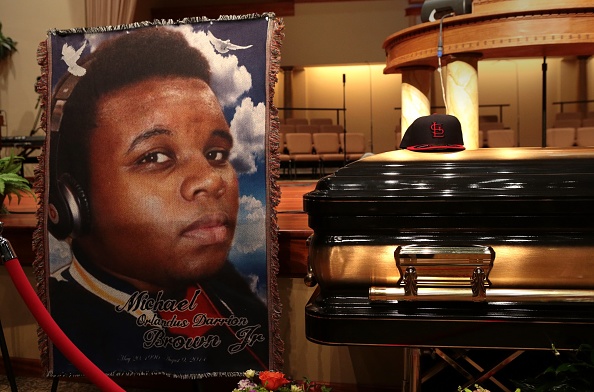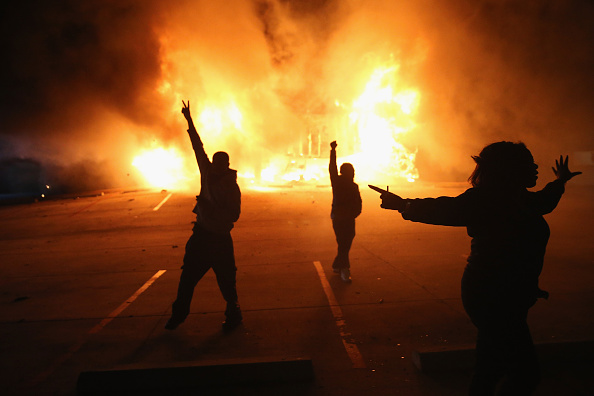(NewsNation) — On Aug. 9, 2014, the country’s attention focused on the Black Lives Matter movement after police in a suburb of St. Louis shot and killed 18-year-old Michael Brown.
Within hours, the false narrative of “hands up don’t shoot” took over.
Civil rights activists, agitators and the media descended on Ferguson, Missouri. Protests turned to riots.
Over the next few years, Black Lives Matter riots destroyed parts of Philadelphia, Minneapolis and Kenosha, Wisconsin. I could go on.
Michael Brown’s killing was 8 years ago. For all the violence, all the people hurt, all the pain … by almost every measurable standard, life is worse. Including for the very people Black Lives Matter was supposed to protect.

Murders went from a recent low in 2014 to records in 2020 and higher in 2021. Among young Black males, murder by another young Black male is now the leading cause of death.
Violent crime plummeted leading up to 2014, and now continues to spike.
Race relations got substantially worse. Both Blacks and whites say things are worse than they have been since Gallup started asking the question in 2011. In 2013, 72% of whites and 66% of Blacks said relations between white and Black people are very good or somewhat good. By 2021, the number of Blacks saying the same thing dropped in half, to 33%.
As for Michael Brown, turns out he reached into a police officer’s car and tried to take his gun. Prosecutors and the Obama Department of Justice cleared Darren Wilson, the officer who shot Brown.

Eight years later, did the Black Lives Matter movement make things better?
We don’t have the answer, of course. It certainly called attention to the very real issue of police mistreatment and misconduct focused on young Black men.
It also caused the “Ferguson effect,” how police describe their unwillingness to aggressively police. It’s named for the city where Brown died.
We want to hear from you on Instagram, Twitter and Facebook “@Leland Vittert.”
Eight years later, was it worth it? Is America a better place?






